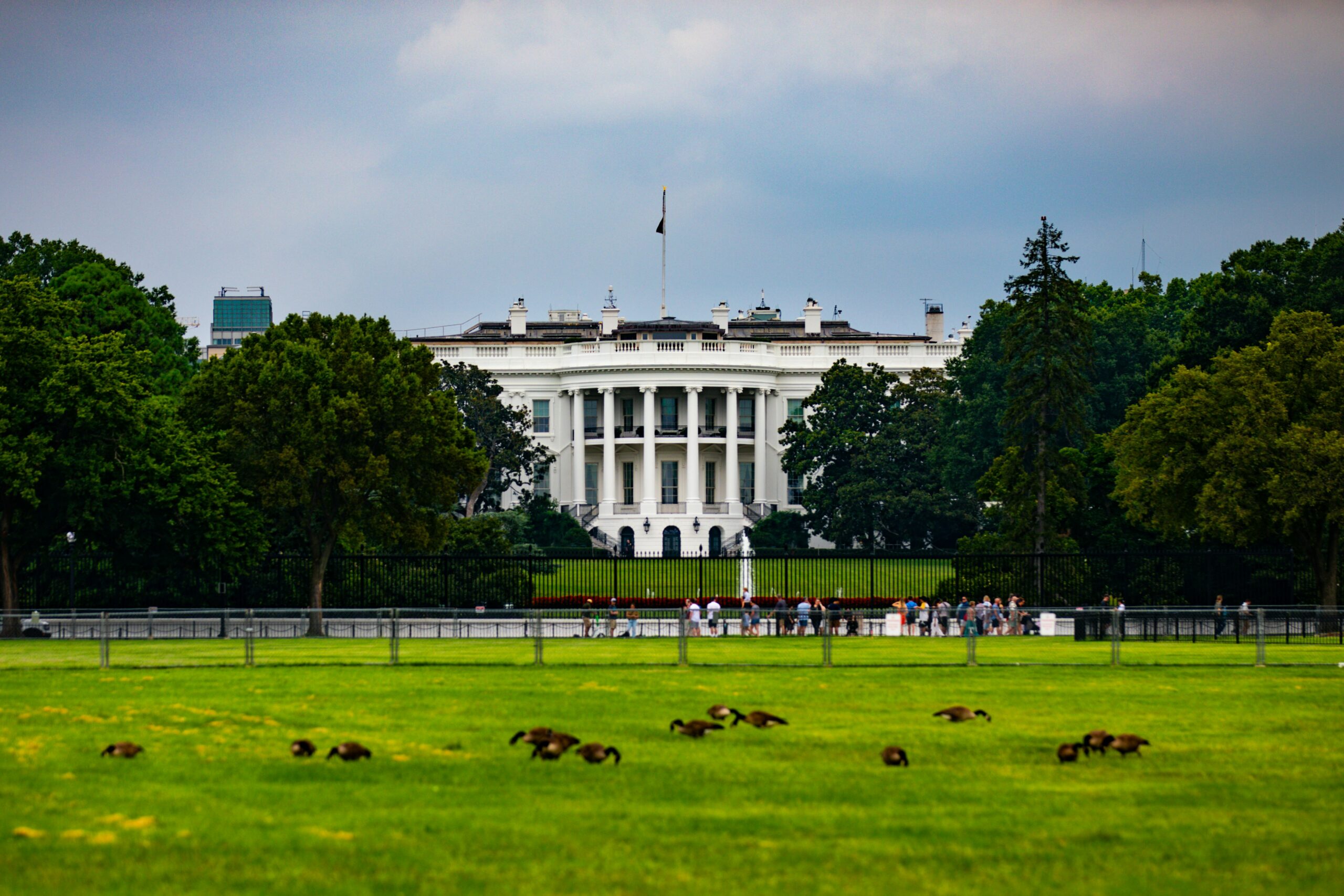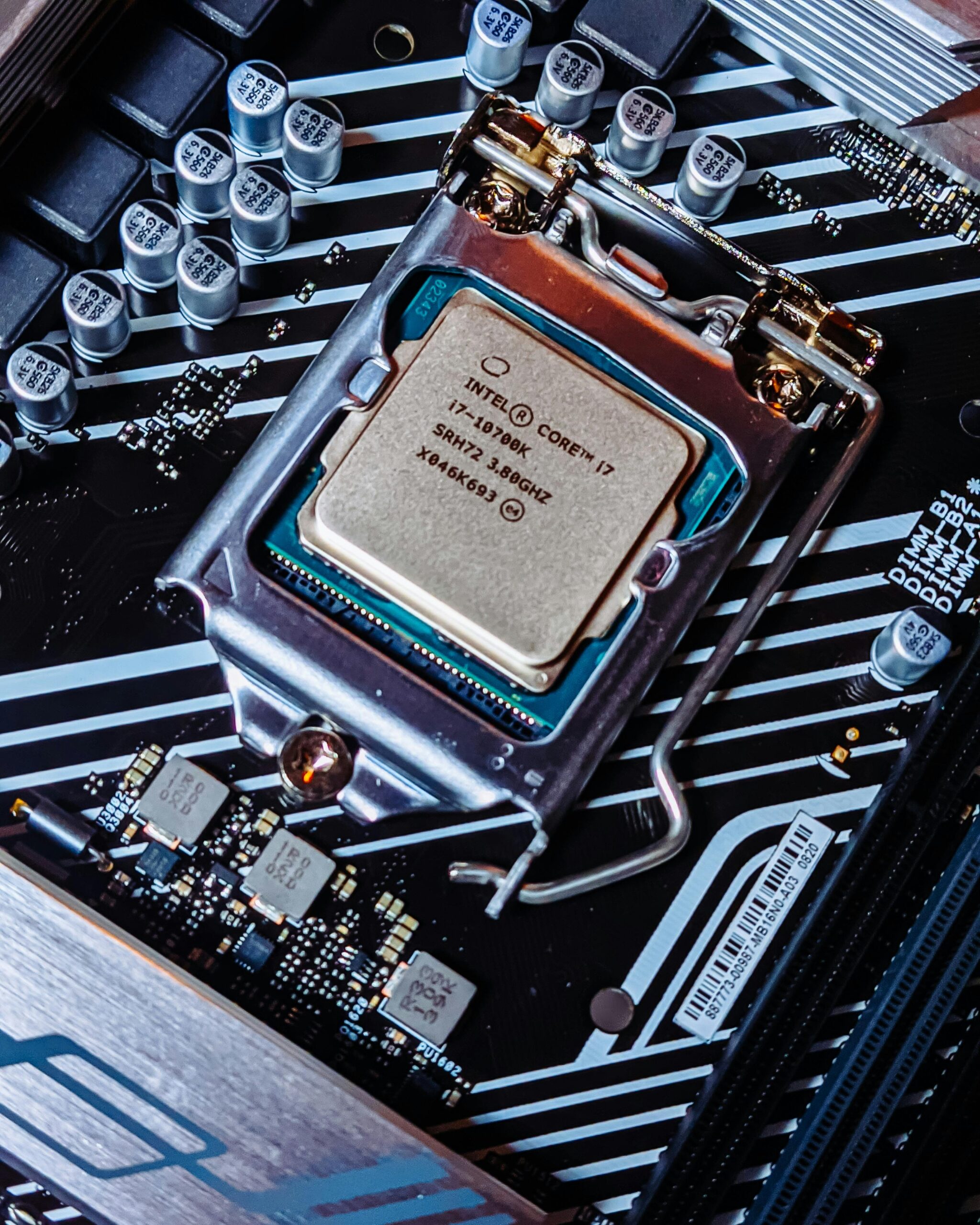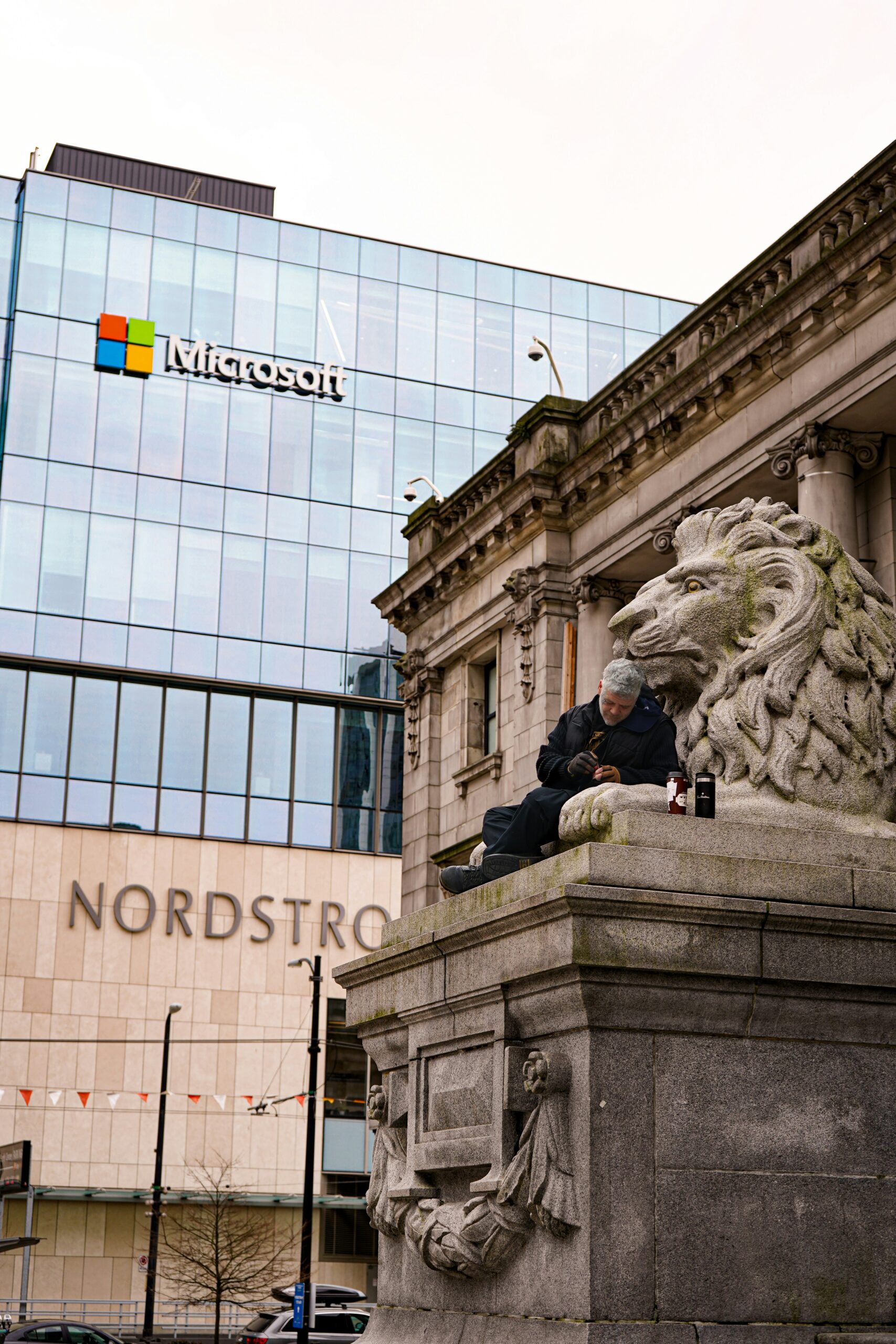Image credit: Unsplash
Jamie Dimon, CEO of the banking giant JPMorgan Chase, has cautioned that the tariffs announced by the Trump administration could make an economic recession more likely. Dimon shared these views in his annual letter to shareholders on April 7, alluding to the drop in the stock market following President Trump’s announcement of 10% and higher tariffs on countries with large trade surpluses with the US. The decline in the stock market has continued into this week.
Risk of Inflation
In writing to shareholders, Dimon warned, “The recent tariffs will likely increase inflation and are causing many to consider a greater probability of a recession. And even with the recent decline in market values, prices remain relatively high.” He also wrote, “America and the world are at a critical crossroads: comprehensive action and leadership are imperative now.”
Even if the ongoing trade war does not prompt a full recession, Dimon suggested that the tariffs will slow the US’s economic growth. Dimon wrote that this has encouraged Chase to take a cautious strategy in 2025. However, he added that the bank ended 2024 in a place of financial strength.
According to the numbers Dimon shared with stakeholders, Chase earned $180.6 billion in revenue in 2024, with a net income of $58.5 billion. In the first quarter of 2024, Chase also increased its quarterly common dividend from $1.05 per share to $1.15 per share; later in the year, that dividend increased again, reaching $1.25 per share.
A Plea for Sound Economic Policies
Dimon also called for more economically sensitive federal policies. His letter suggested that the federal government has often enacted policies to reduce carbon emissions and slow the effects of climate change that have had unfortunate economic impacts, such as increasing the cost of living for many Americans.
Dimon urged, “Government as a whole needs to demonstrate to the American public that it is effective, efficient, competent and principled – as any institution should do – in developing policies that are conducive to maximizing long-term growth, jobs, competitiveness and fairness – without micromanaging the economy.”
Among other measures, Dimon’s letter called for education reform, cost reduction in the healthcare system, more support for small businesses, and “consistent and responsible” tax and fiscal policies.
“We need consistent and responsible tax and fiscal policies. We must learn to account for investments differently from the way we account for expenses, particularly in areas such as infrastructure,” Dimon urged. “The economic machine is extraordinarily complex. We need to focus on proper policies that are conducive to growth.”
Internal Policies for Chase Bank
Dimon has been criticized and praised for his mandate to end remote work for JPMorgan Chase employees. Dimon has shared that working from home stifles productivity and creativity and prevents new employees from seeking mentorship opportunities from older employees.
During an internal town hall meeting in February, Dimon told employees that “he didn’t care how many” signed a petition for remote work, and the bank ordered staff back to the office for a five-day work week.
In writing about the bank’s challenges in the letter to shareholders, however, Dimon said little about the back-to-work mandate, stating simply, “We need to believe in ourselves and get back to work (in the office!).”













































































































































































































